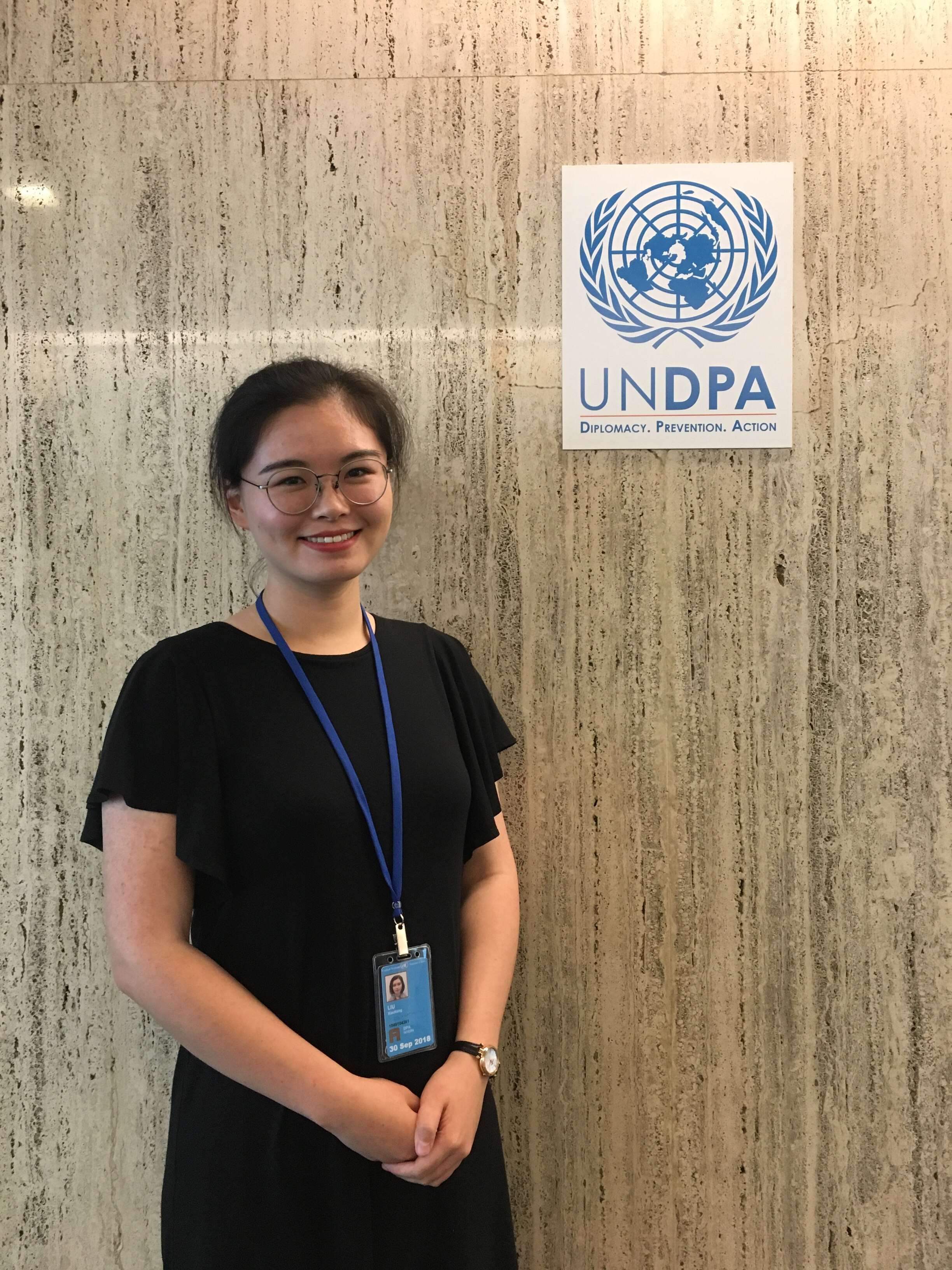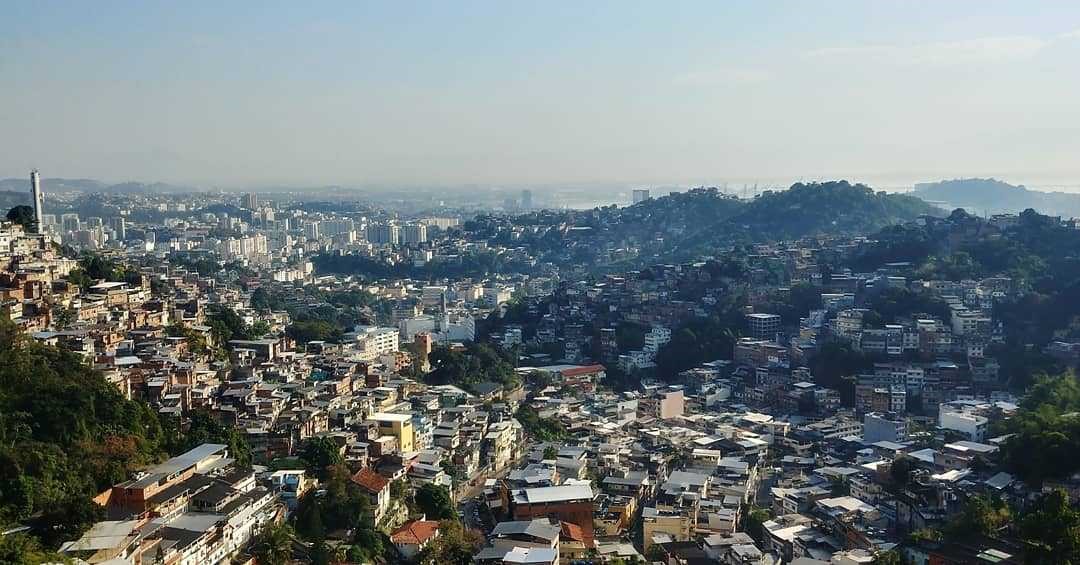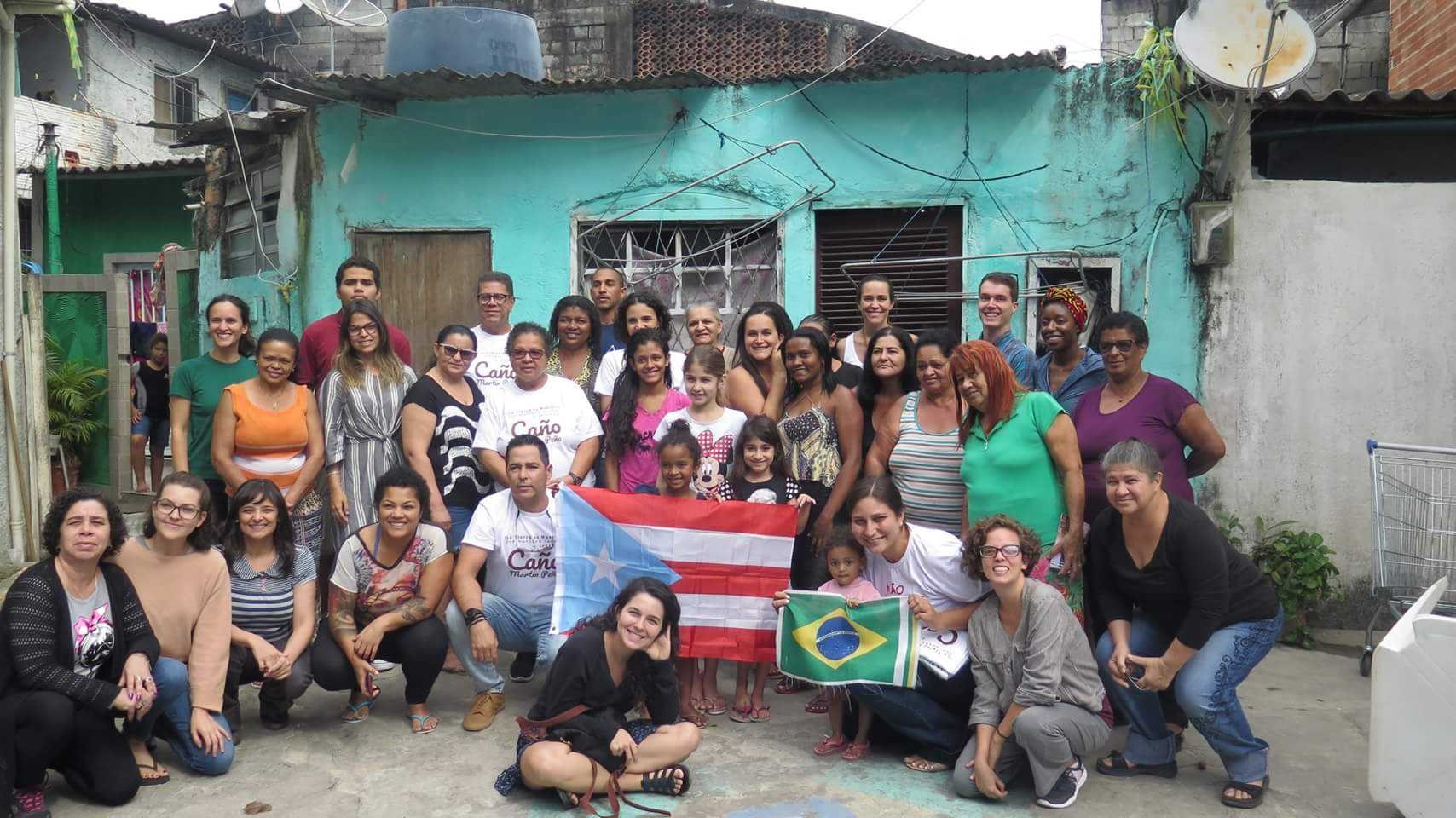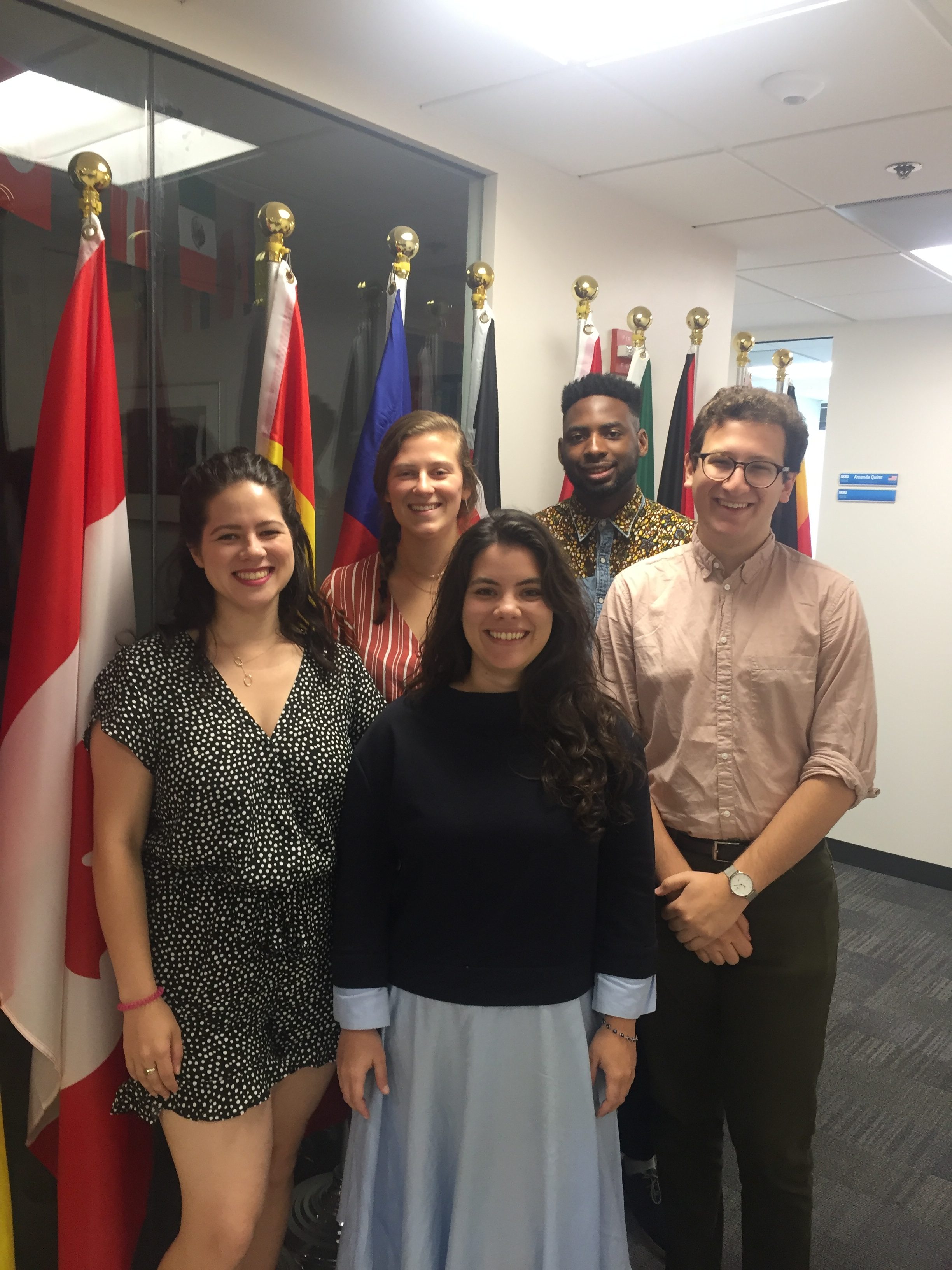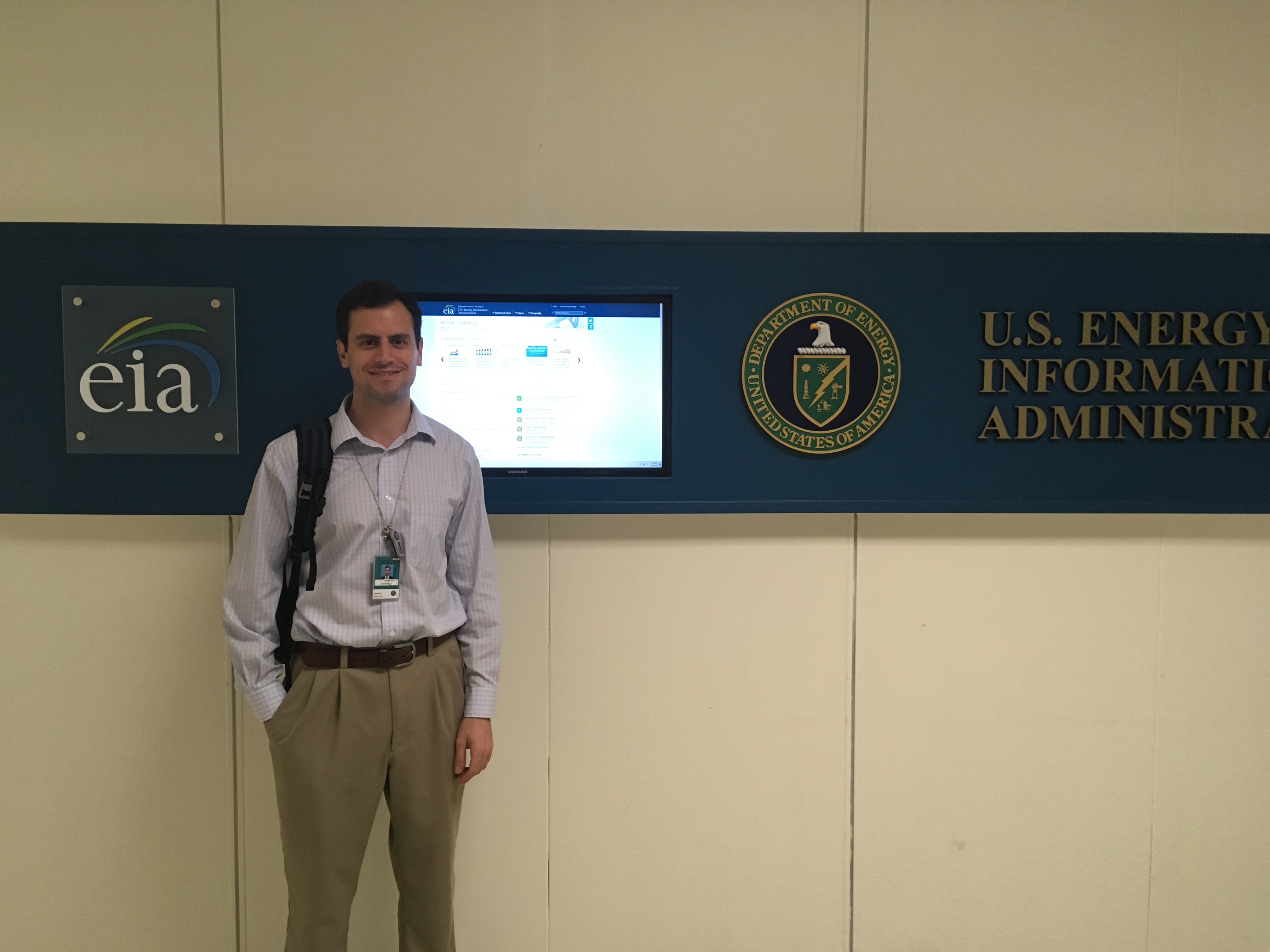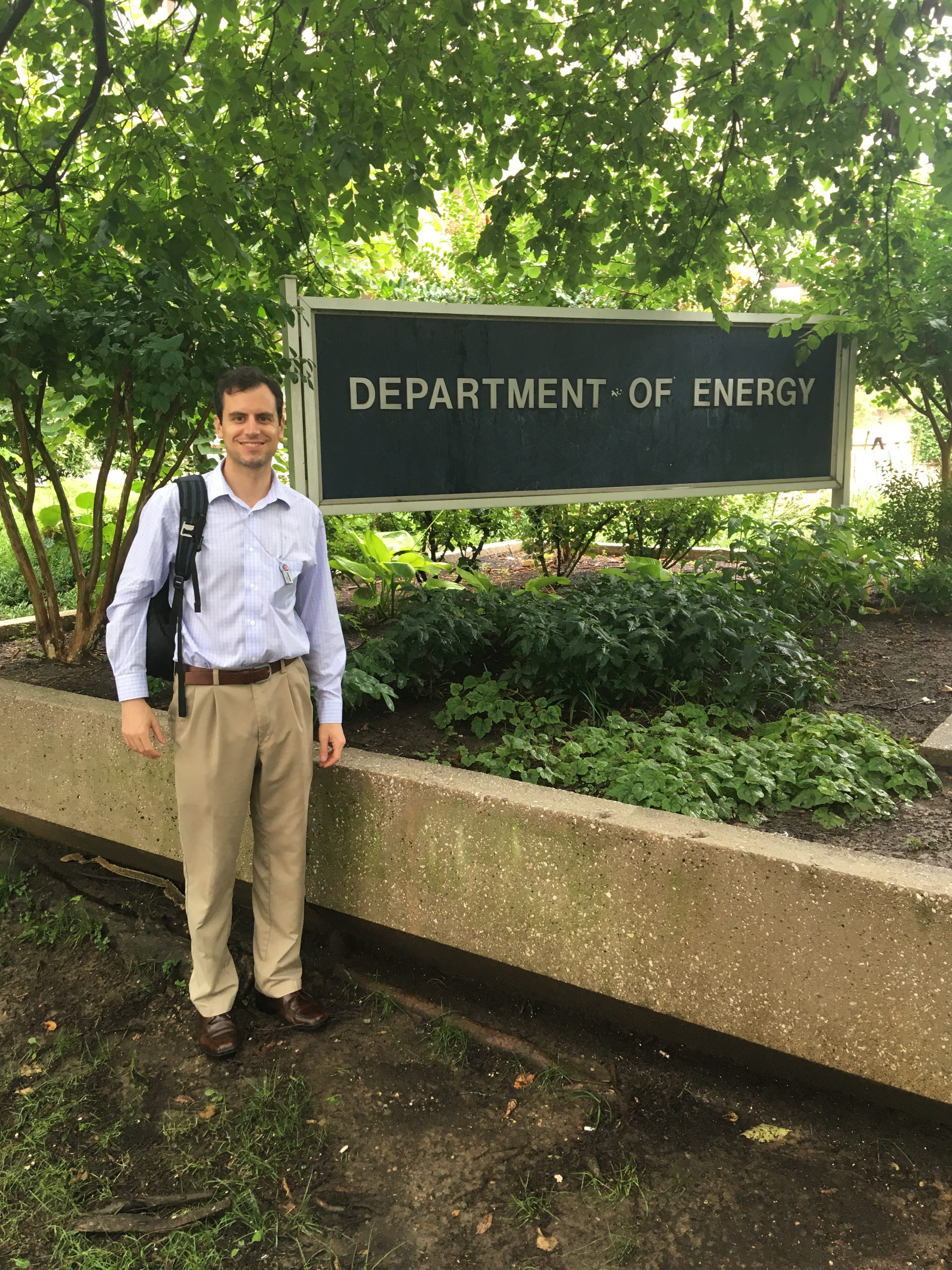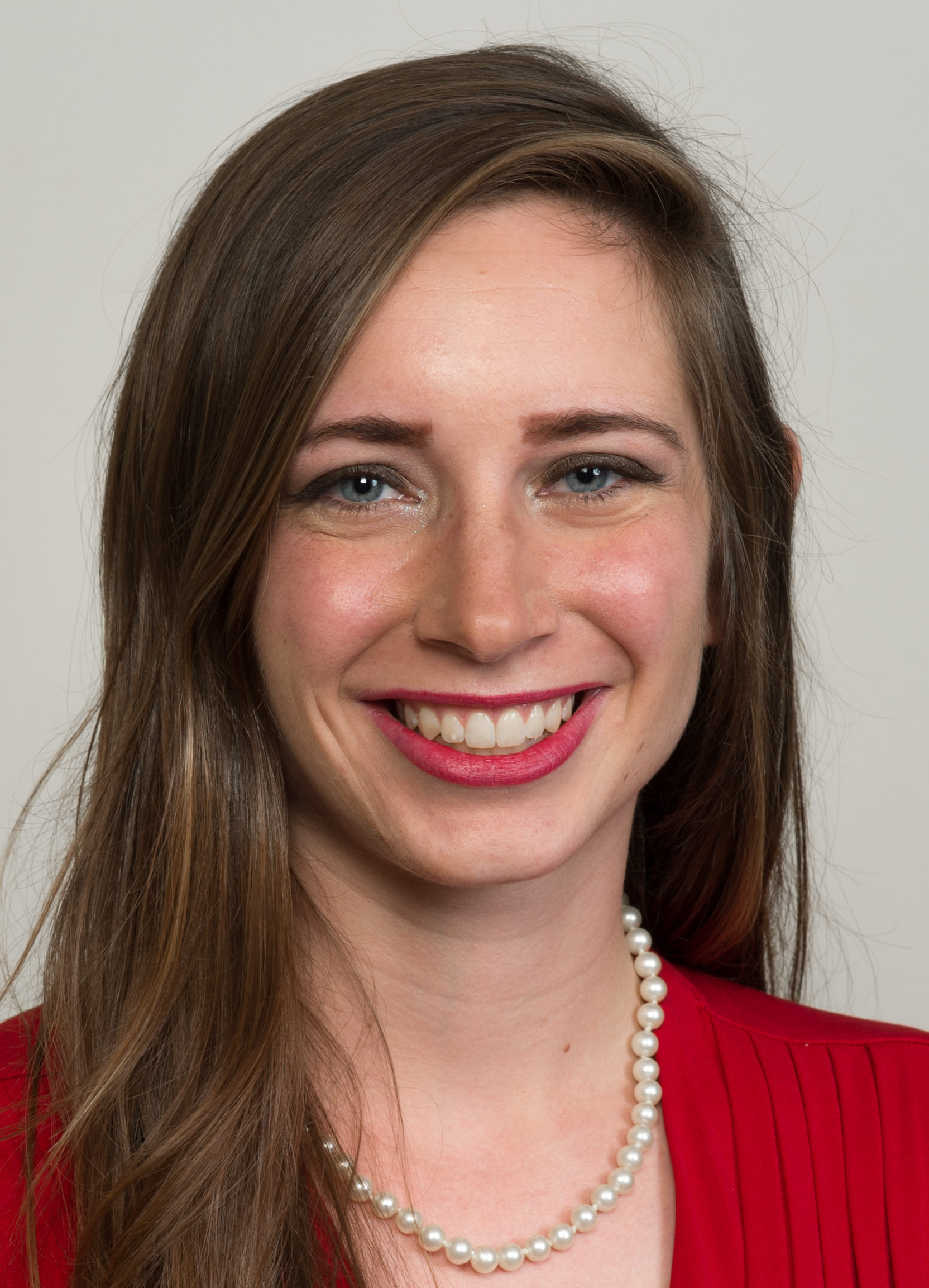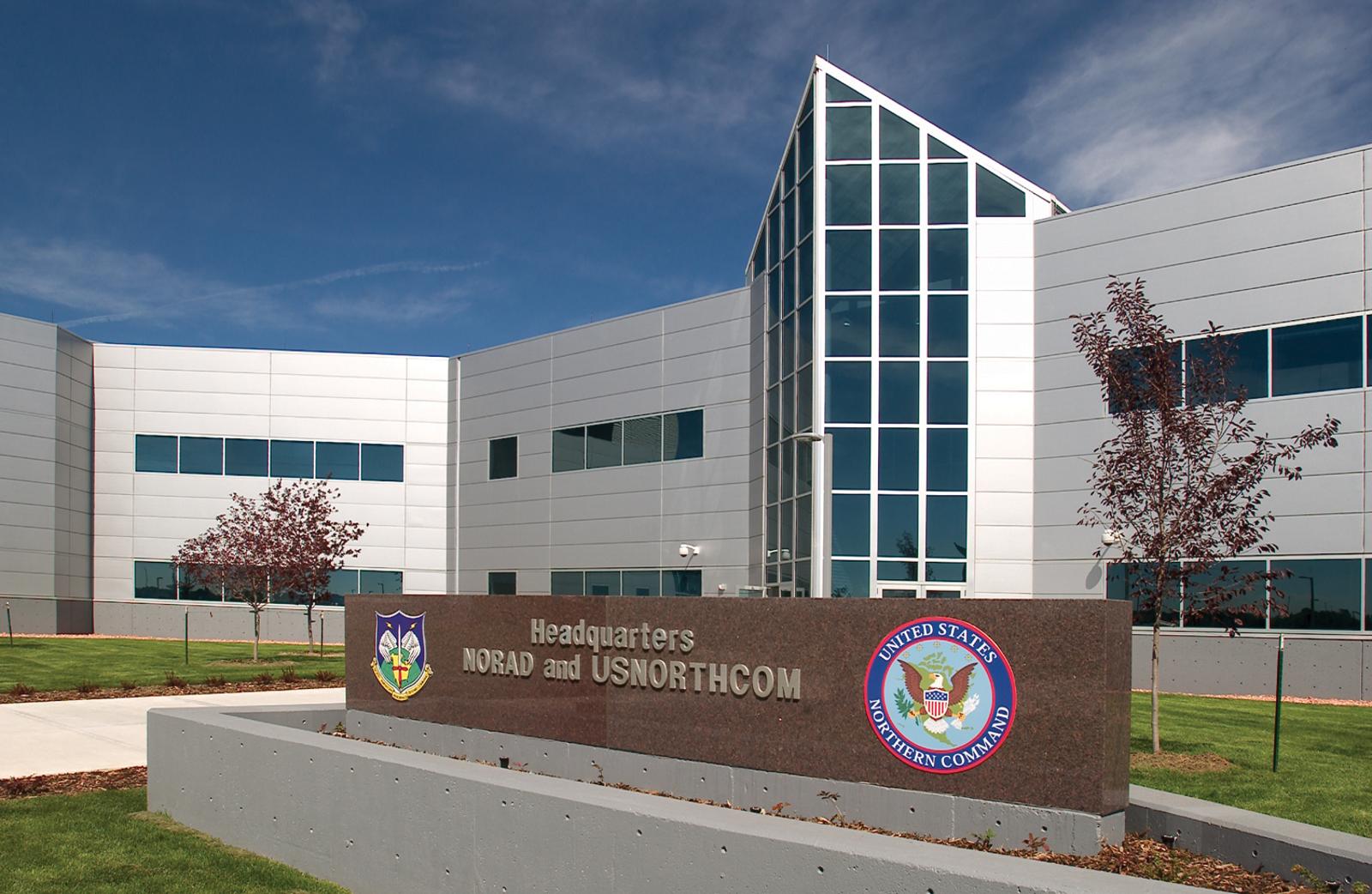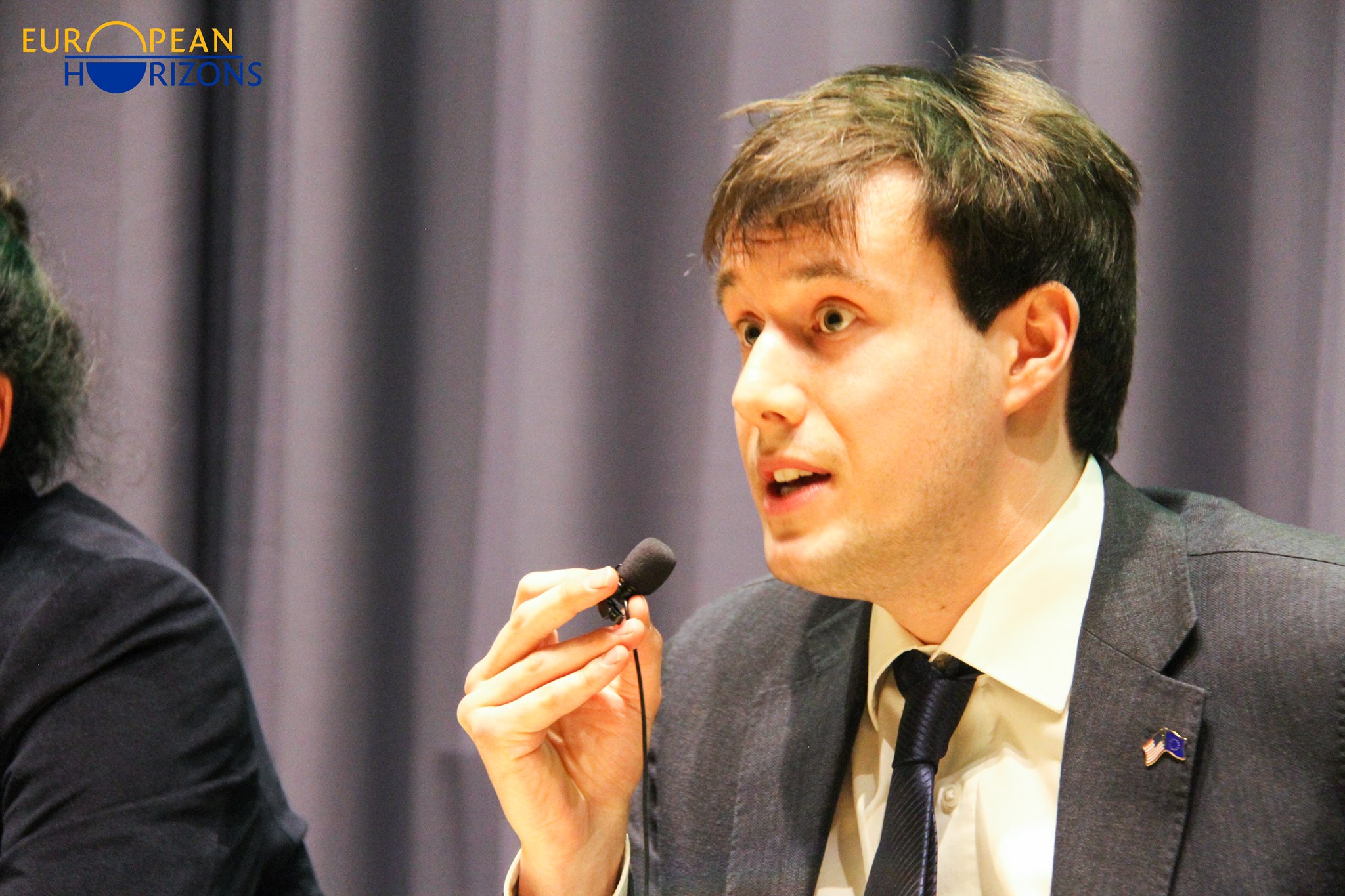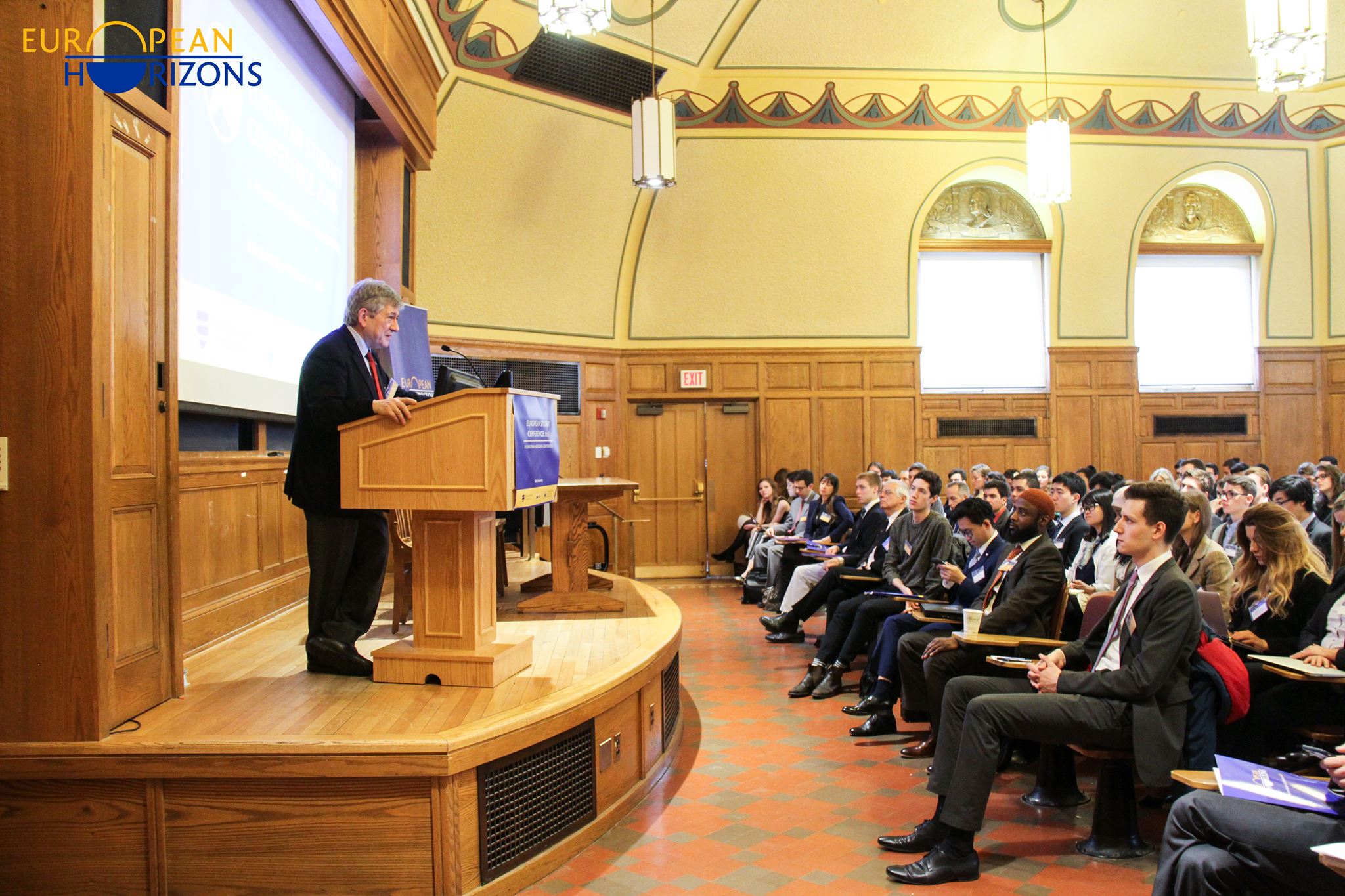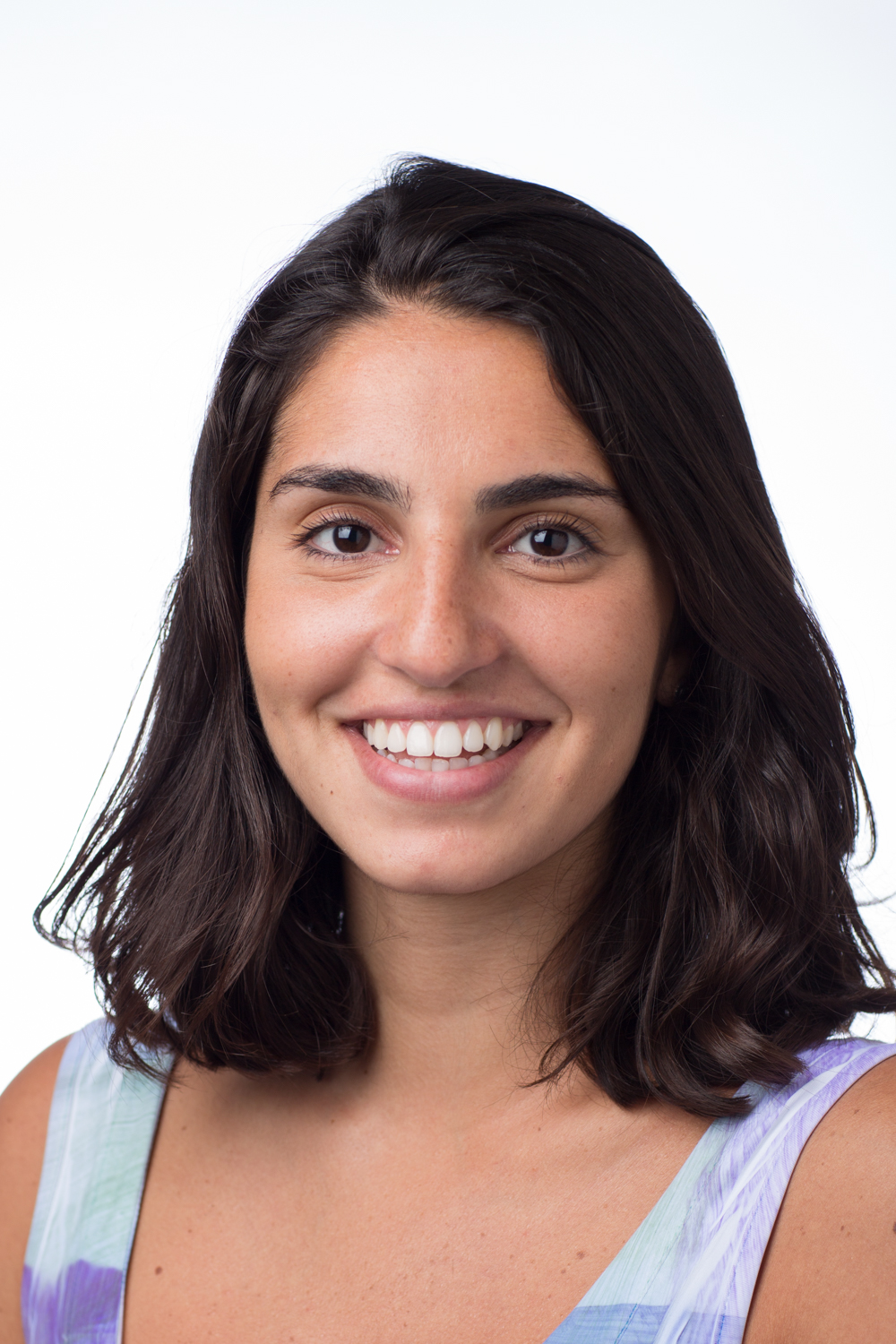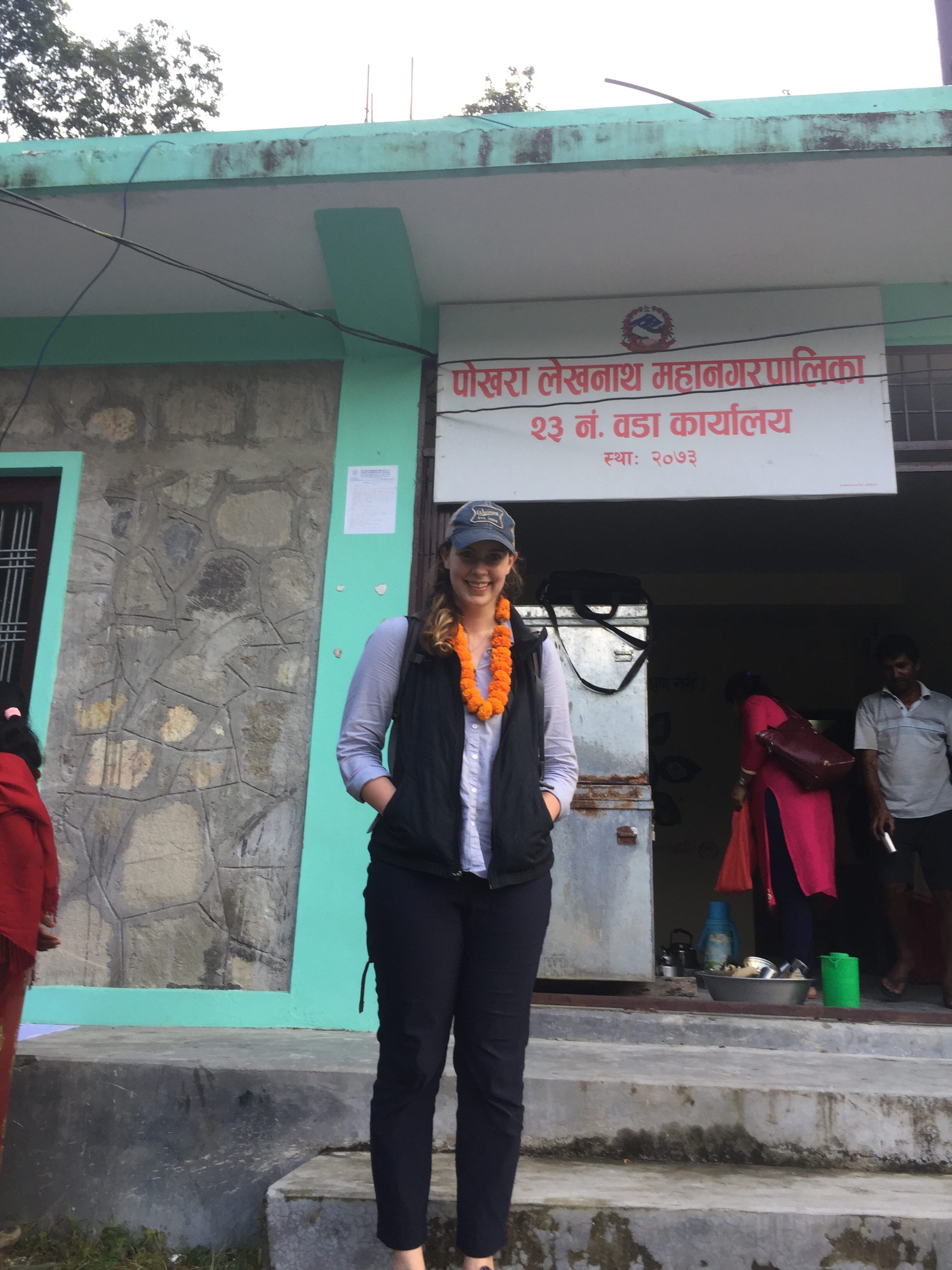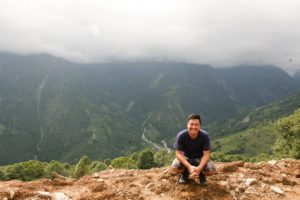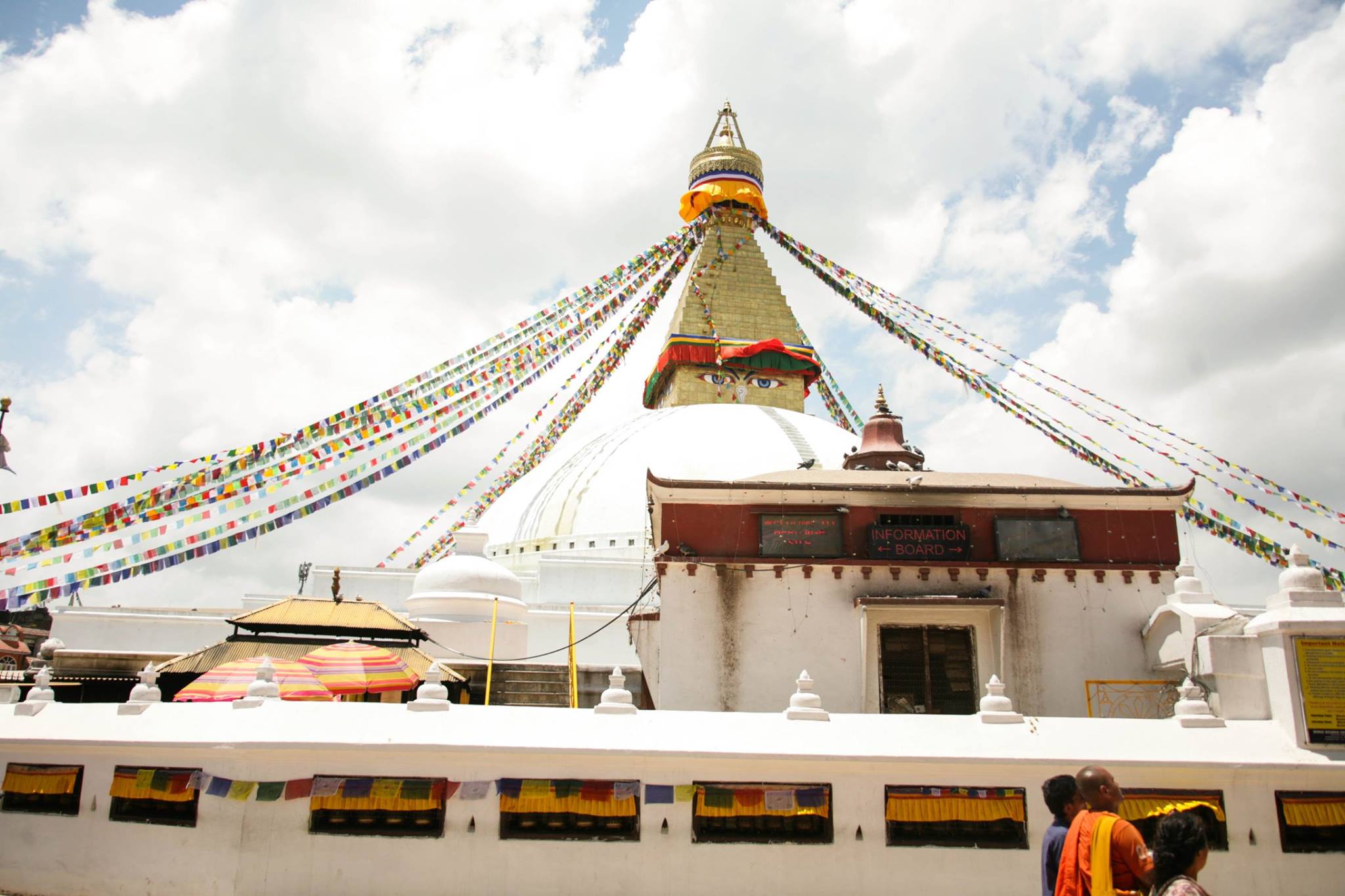The U.S. Department of Defense’s USINDOPACOM headquarters is located on Camp HM Smith, Oahu, Hawaii. It was recently renamed from USPACOM to reflect the importance of India in USINDOPACOM’s Area of Responsibility. USINDOPACOM is unique among the Global Combatant Commands (GCC) because it is the only GCC with its subordinate Army, Navy, Air Force, Marine Corps, and Special Operations Commands co-located in the same state and island. Additionally, the island of Oahu is home to Joint Interagency Task Force – West (JIATF-W), the Center for Excellence in Disaster Management and Humanitarian Assistance (CFE-DM), the Daniel K. Inouye Center for Asia-Pacific Security Studies (APCSS), and the National Oceanic and Atmospheric Administration’s (NOAA) research facility. An internship with USINDOPACOM offers an amazing opportunity to learn about all of these organizations.
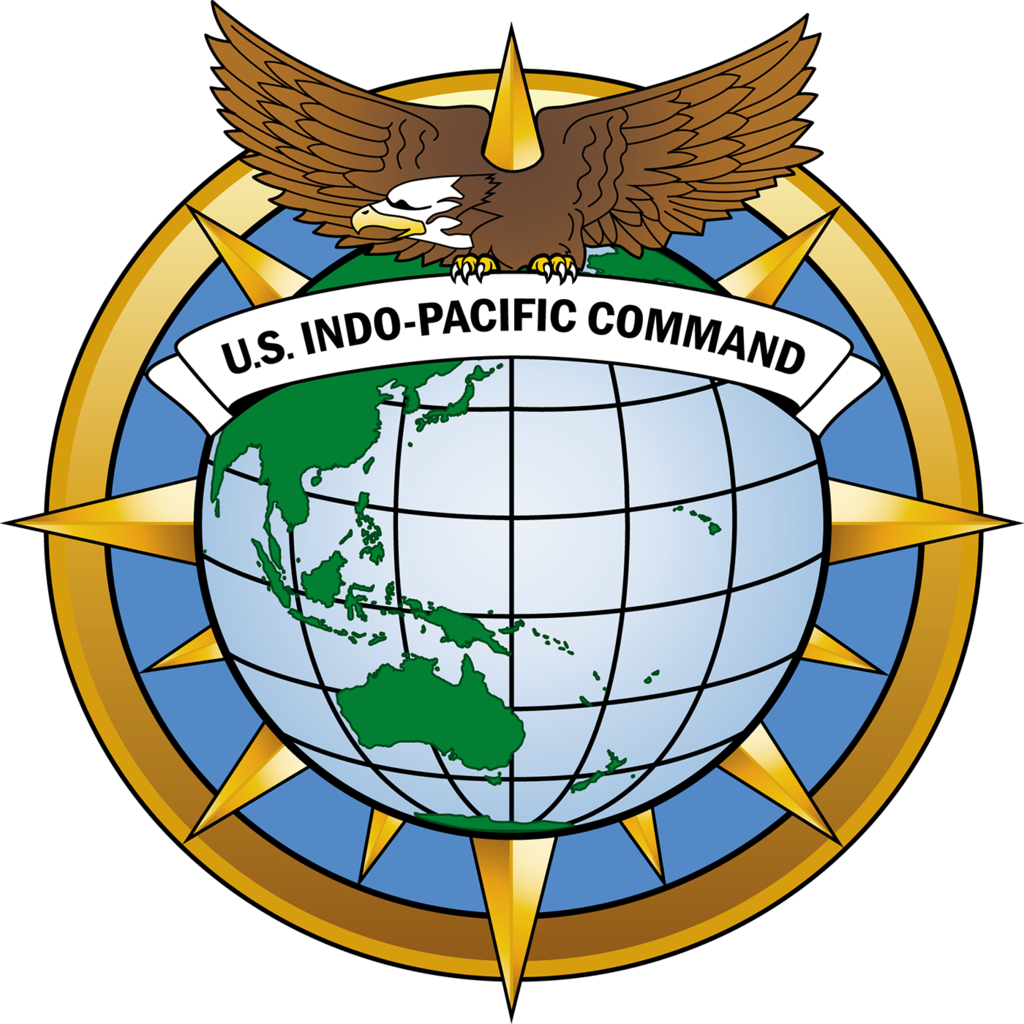
My position was as a Visiting Fellow in the J372 office. The J372 is a sub-category of the J3 Operations directorate. The J372 office consists of Multinational Programs and Theater Security Cooperation Exercises. Multinational Programs, where I interned, consists of two programs: the Multinational Planning Augmentation Team (MPAT) and the Global Peace Operations Initiative (GPOI). While my internship was officially with GPOI, I was also able to work extensively with the MPAT. GPOI was created in 2004 as the U.S. contribution to the broader G8 Action Plan for Expanding Global Capability for Peace Support Operations because of the strategic importance of international peace operations to US national security. Increasing the capability of partner nations to conduct international peace operations was seen as a cost-effective way of increasing world stability and sharing the burden of conducting peace operations. To meet this objective, GPOI funds training, equipment, and facilities building capabilities worldwide for USINDOPACOM’s twelve regional partners. GPOI is unique in that it is a US State Department program that is executed by the US Department of Defense to build capacity of partners to train and sustain peacekeepers who deploy to United Nations missions around the world.
Like the GPOI team, the MPAT works to improve the capabilities of multinational partner forces. Unlike the GPOI team the MPAT is regionally focused and was an initiative developed by the regional Chiefs of Defense in 2000 with the goal to facilitate the rapid and effective establishment and/or augmentation of a multinational force headquarters (MNF HQ) and/or other multinational military and civil-military coordination mechanisms. In order to improve the ability of regional multinational response to natural disasters, humanitarian crises, and any other operation in USINDOPACOM’s area of responsibility that fall short of war, they have developed the Multinational Forces Standing Operating Procedures (MNF SOP) and conduct the TEMPEST EXPRESS exercise. The MNF SOP is a living document that collects best practices, compiles and defines new terminology, and standardizes methods for all of these operations. Yearly MNF SOP conferences are conducted to update the document as well as create relationships between military planners and civilian organization leaders active in the region. These relationships are seen as added benefits that decrease response time when different organizations arrive to deal with a real-world crisis. The TEMPEST EXPRESS and other theater security cooperation exercises are where the planners try to “break” the MNF SOP. It is a scenario-based exercise that allows the planners to work together using the MNF SOP to deal with a simulated crisis. Flaws exposed by the TE exercise and from real world use are then compiled into the MNF SOP at the next conference.
Getting to attend the MNF SOP 20 conference in Wellington, New Zealand was undoubtedly the highlight of my internship. The conference sought to update and complete sections on Defensive Cyberspace Operations, Protections of Civilians, Logistics, Inter-agency Cooperation, Humanitarian Aid and Disaster Response, and the Glossary. I was assigned to the Glossary section which compiles new terminology, acronyms, and definitions from the other working group. This allowed me a great opportunity to see what every section was working on as well as meet experts from foreign governments, USAID, the IFRC and other NGOs, and different directorates of the US military. I was also asked to research options for a regional case study to include in the Inter-agency Cooperation section. This greatly increased my familiarity with multinational operations in USINDOPACOMs area of responsibility.

My background as a Special Forces Communications Sergeant has given me exposure to planning on the tactical level and this internship expanded that planning knowledge to include the operational and strategic level. My main projects working for the GPOI team was to create a spreadsheet that compiled the GPOI partner nations’ military force pledges to United Nations peacekeeping and identified the priorities for training programs location and subject. Creating the pledge tracker required research into all of the different types of military units that are sent to support UN missions. These included infantry, engineering, force headquarters support, medical, military police, reconnaissance, riverine, special forces, transportation and logistics units. For the MPAT I was assigned the task of incorporating the changes to the MNF SOP from the conference in New Zealand.
Oahu is a great place for recreation as well as professional development. The close relationship with my office was increased with participation in the MPAT fencing club and attendance of the MNF SOP 20 workshop. There are numerous hikes, beaches, and coral reefs that are great to explore with other interns in the program. The food is also unique due to the many cultural influences from Hawaii’s diverse immigrant population. Hawaiian poke is a personal favorite. Getting to know all of the great people in the office: Tak, Dan, Bernie, Joe, Bob, Bobby Ray, Murray, John, and Scott was a lot of fun. Additionally, getting to know all of the other interns from Texas A&M, University of San Diego, University of Hawaii, Johns Hopkins University, Stanford University and other schools was great as well. I want to especially thank Steven “Tak” Takekoshi, Crysti Woods, Dr. John Wood, Professor Robert Murrett, the Global Programs Coordinator at Maxwell, and Gerald B., and Daphna Cramer for their support during this experience.
Chris Tonsmeire completed his MAIR degree in December 2018.


